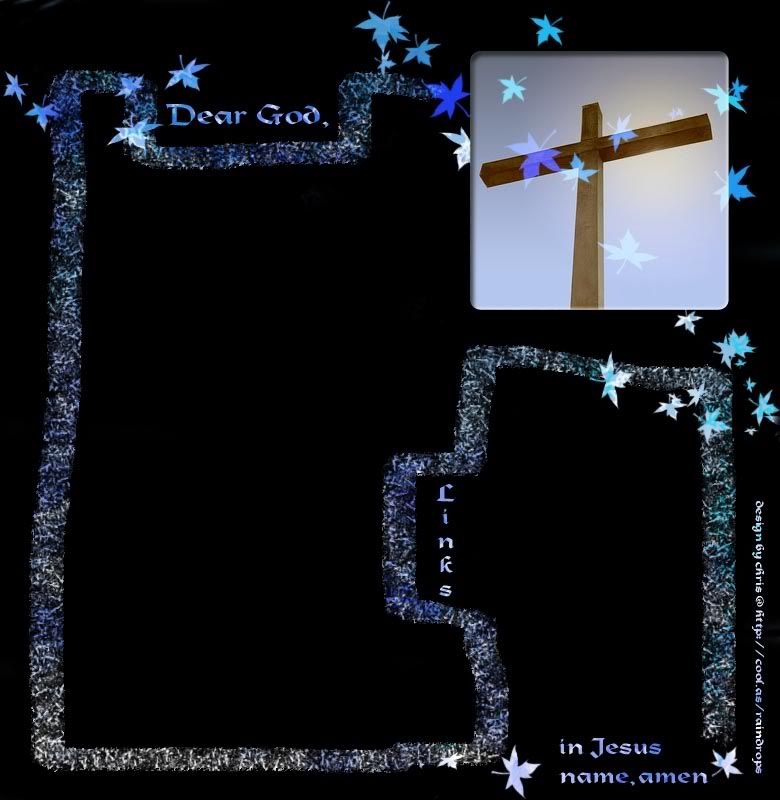Punctuation
excerpt from Giving Pause (,) for Thought by Janadas Devan
Misplaced commas have caused schisms; questionable ones have occasioned lawsuits.
Consider this passage from Luke, xxiii, 43, reporting Christ's words to one of the criminals who was crucified with Him: 'Verily I say unto thee, Today thou shalt be with me in Paradise.'
That is how the Protestant Bible renders the passage, placing the comma after 'thee'. The implication is the thief will be translated straight into Paradise with Jesus, skipping 'the whole unpleasant business of Purgatory', as Ms Truss puts it.
Now consider how the Catholic Bible renders the same passage: 'Verily I say unto thee today, Thou shalt be with me in Paradise.' The implication here is the thief will be translated into Paradise, but not immediately, leaving 'Purgatory nicely in the picture for Catholics, who believe in it.' One wonders: If Luke had got not only Christ's words right, but also the precise punctuation He intended, would Christendom have been riven into so many pieces?
Note: "And Jesus said to him: Amen I say to thee, this day thou shalt be with me in paradise." -Luke 23:43
"In paradise"... That is, in the happy state of rest, joy, and peace everlasting. Christ was pleased, by a special privilege, to reward the faith and confession of the penitent thief, with a full discharge of all his sins, both as to the guilt and punishment; and to introduce him immediately after death into the happy society of the saints, whose limbo, that is, the place of their confinement, was now made a paradise by our Lord's going thither.
-Douay-Rheims Catholic Bible
http://www.drbo.org/cgi-bin/d?b=drb&bk=49&ch=23&l=43&f=s#x


